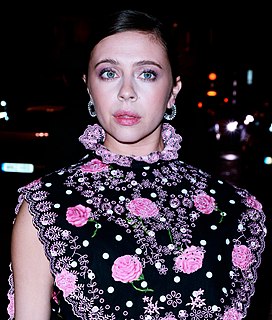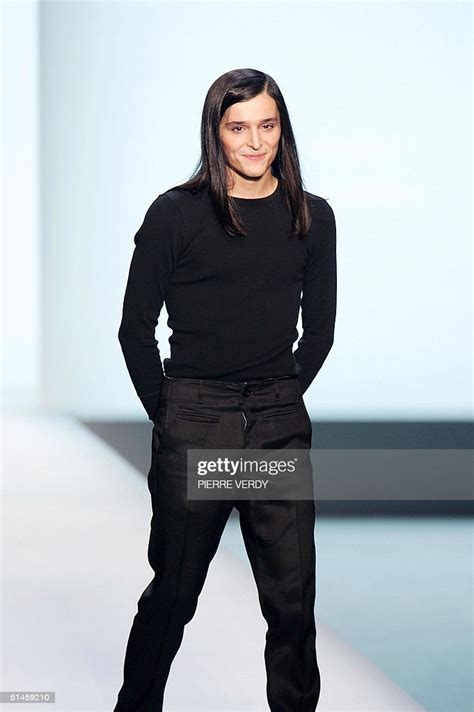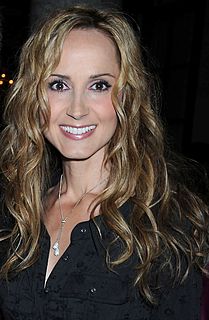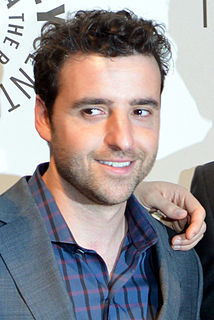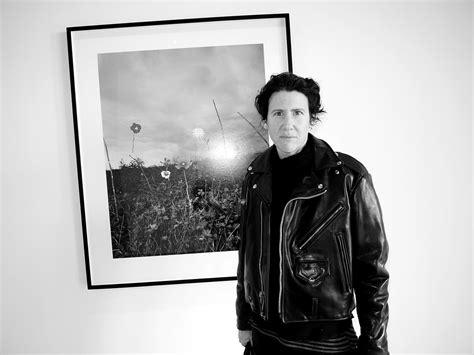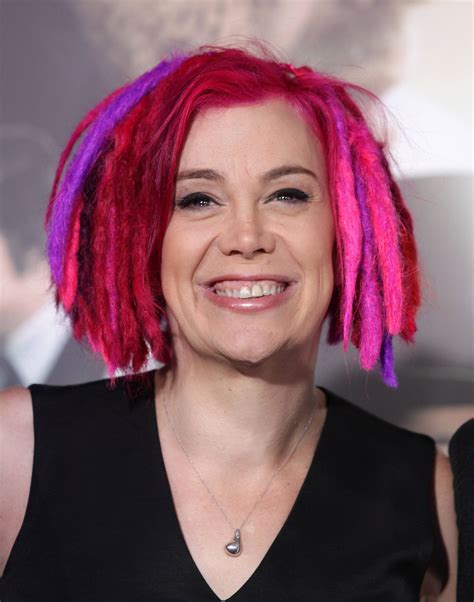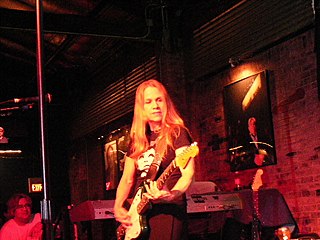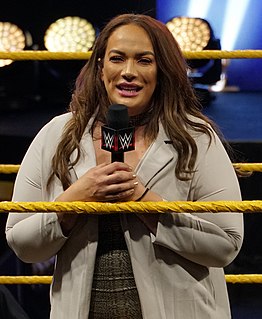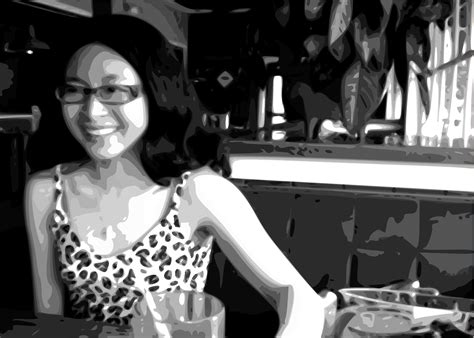A Quote by Bel Powley
When I was young, there weren't any teenage girls I could relate to in film. They were all put in boxes: the virginal good girl, the really sarcastic asexual one. I wanted to do something that represented how I felt then.
Related Quotes
When I was very young, I wanted to be a girl. I was jealous that girls got to be princesses and wear skirts. It tormented me. When I was 6, I even heard that you could change your sex, and I was very intrigued until the moment I realized that if I changed into a girl, I would be an ugly girl, and this is the last thing I wanted to be.
[10 Things I Hate About You] keeps popping up, and it's become a go-to film specifically for adolescent girls who are trying to find their voice, which is a really important thing, and the characters in the film, the two sisters played by Julia Stiles and Larisa Oleynik, they became archetypes for young teenage girls to look up to and emulate.
Having a boy play a girl (and when I say 'play a girl' I don't mean that he is represented as a girl, because he is represented as a young man) is complicated. He knows he's looking at photographs of a girl and copying those poses. So the audience sees him as a man, but he can only see himself as a woman, because that's the model he's looking at. It was a really interesting exchange.
We live and breathe words. .... It was books that made me feel that perhaps I was not completely alone. They could be honest with me, and I with them. Reading your words, what you wrote, how you were lonely sometimes and afraid, but always brave; the way you saw the world, its colors and textures and sounds, I felt-I felt the way you thought, hoped, felt, dreamt. I felt I was dreaming and thinking and feeling with you. I dreamed what you dreamed, wanted what you wanted-and then I realized that truly I just wanted you
I left film because I felt that photography was my art. It was something I could do on my own, whereas film was so collaborative. I thought as a photographer I could make something that was artistic and that was mine, and I liked that. And it wasn't until I got back into film and I have very small crews and I could do very tiny filmmaking that wasn't 100 people that I still felt that I was making something artistic as a filmmaker. So, you know, I'm an artist, and whether it's photography or film, I want my voice to be there and I think my voice is very strong in this film.
